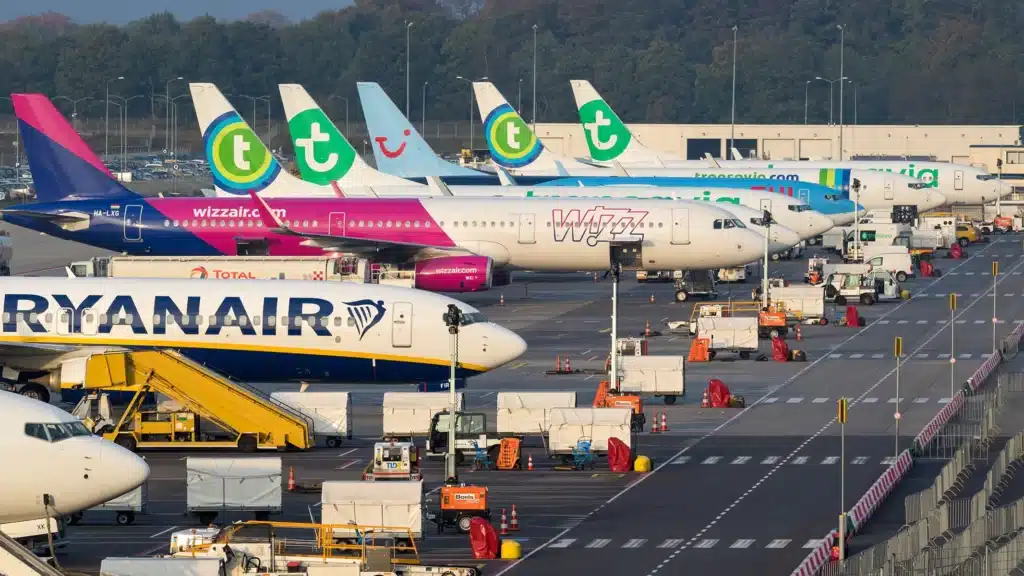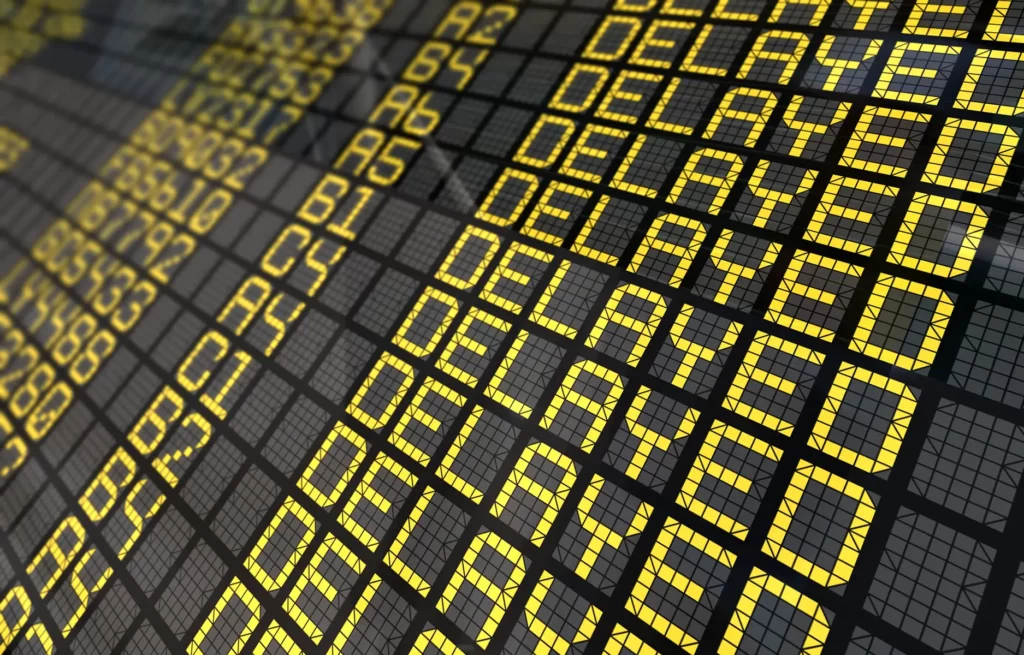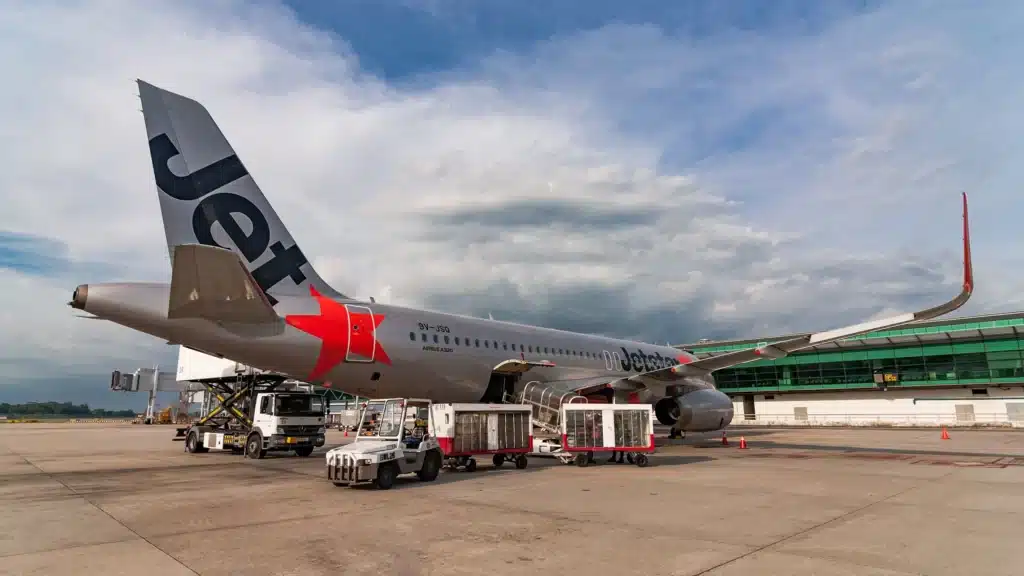
Budget airlines are becoming more and more popular. I am a huge advocate of using them when they’re appropriate as they have many advantages. The largest airlines in Europe – Ryanair and EasyJet are budget airlines, and it’s getting to the point that even full-service carriers are attempting to copy their strategy. But how do the flights get this cheap? Surely this must come at the cost of safety and reliability. This is a myth. Budget airlines are some of the safest and most reliable airlines flying today, which is integral to their profitability.
Myth 1: Budget airlines compromise safety

One of the most common things I hear, even in jest, is that budget airlines are less safe than their full-service counterpart. On the contrary, budget airlines are among some of the safest in the world. Airlineratings.com has its proprietary rating system based on several factors, including safety audit performance. The most popular budget airlines have all been given the highest safety ratings putting them on par with full-service carriers. In addition, budget airlines often have younger, more modern planes than legacy carriers only adding to their safety profile. For further reassurance, the leading airlines flying out of Australia – Jetstar and Scoot, are owned by Qantas and Singapore Airlines, respectively, with a reputation for safety. A further propagator of this myth may be partly because full-service airlines are often featured as ‘5 star’ airlines, of which safety is a component; however, many of these metrics are skewed as airlines are usually required to pay for these ratings.
Myth 2: Budget airlines have more delays and cancellations
It is commonly thought that budget airlines have fewer flights, less flexibility in their network and fewer staff, all leading to planes being less likely to leave on time and frequent cancellations. However, Ryanair has the third-best on-time performance of any UK airline, even ranking higher than British Airways. OAG, who provides on-time statistics for several airlines, shows that 15 of the top 50 airlines for on-time performance and cancellation rates are budget airlines. Yes, there are exceptions to every rule, and of course, some airlines, such as Jetstar, at the time of rating, have a very high cancellation rate. Still, budget airlines and full-service carriers are generally comparable on this metric. Budget airlines are also more vulnerable to delays as their model relies on fast turnaround times and little room to wiggle in terms of extra available aircraft. This means there is a greater interest in keeping everything running like clockwork to prevent a knock-on effect.

Myth 3: Budget airlines are more expensive once you add on the extras
Something I hear friends and family say is that budget airlines aren’t worth it because when you add in all the costs, such as luggage, seat selection, and credit card fees, the cost becomes the same as a full-service carrier. This is not always the case. Budget airlines indeed make a lot of their money off selling extras rather than the ticket itself, but the costs still don’t approach full-service airlines. I have said this myself, but at certain times, especially peak travel times, flights on budget airlines can get more expensive, and there are other considerations (see below). Still, often, even when adding in the extras, the costs can be controlled. An added point to make here is that flexibility is a huge advantage. You can choose not to pay for things you don’t want and save money. Do you really need to pay for a meal for a 3 hour flight, for example? A quick tip is that many airlines try to sell you a ‘bundle’ like Jetstar with its starter plus bundle. It adds many perks like a meal, checked luggage, seat selection and points. But if you want to add one thing like checked luggage, skip this screen, and add on the luggage separately. You will save money over the bundle.
Myth 4: Budget airlines are always the cheapest option
To caveat the above, budget airlines are only sometimes the cheapest option. During peak travel times such as Christmas, budget airline prices can increase significantly, and, in some cases, especially when travelling with family, the costs can be similar once you’ve paid for seat selection and checked luggage. In addition, budget airlines create competition on routes, driving down prices for all airlines. This means full-service carriers will often have a somewhat competitive fare. It’s always worth looking at all the options before going straight to the budget airline to save money. Something people forget about is the hidden costs of budget airlines. They save on costs by flying to secondary, often less connected, airports and flying during off-peak times. This can mean a journey to Melbourne’s Avalon Airport or Gold Coast Airport from Brisbane at 4 in the morning. Inevitably trains might not be running at this time, meaning you have to take a taxi or rent a car; all these costs add up and may leave you better off taking a regular flight from the main airport and paying $50 more.

Myth 5: Budget airlines have poor customer service
This one is more nuanced than the others in that you often hear about customer complaints on budget airlines. While this is true, budget airlines are no worse than full-service carriers regarding customer service. Finding an objective measure of this is challenging as many rating agencies are essentially paid for results, and people are more likely to complain when they have had a negative experience. The best attempt I can make is to use Trustpilot reviews which, although unlikely to be objective, at least allow us to compare ratings. As an illustrative exercise, here are some ratings for popular budget airlines that fly out of Australia:
- Jetstar – 1.9 stars
- Scoot – 1.5 stars
- Air Asia – 2 stars
- Malindo – 1.3 stars
And now the same with full-service carriers:
- Emirates – 1.8 stars
- Qantas – 1.3 stars
- Singapore Airlines – 1.8 stars
- Cathay Pacific – 1.6 stars
Although this is unlikely to represent the actual level of customer service of airlines, given people’s likelihood of writing a review complaining about rather than praising an experience, it is illustrative that there is essentially no difference in the dissatisfaction between budget airlines and full-service airlines.
I hope I’ve shown you that budget airlines can be a valuable part of your travel itinerary. They’ve revolutionised travel for the masses and can help you save a lot of money if you know what to look for and how to use them.
